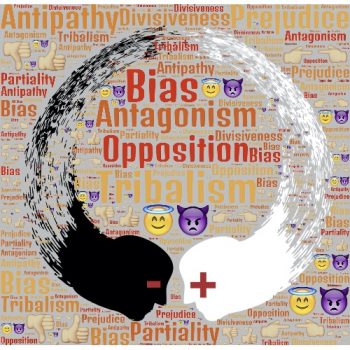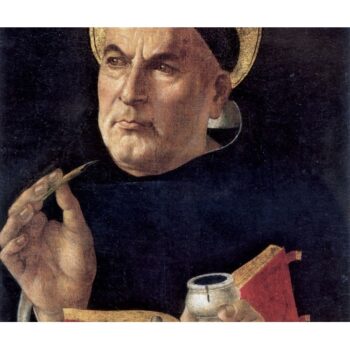“Even the barley drink separates if it is not stirred.” (R 125, Cp. S and D 125, K 77).
Kahn and Robinson interpret this together with Fragment 76 as pointing to a principle of cosmic order. I would suggest that we needn’t see external order imposed on the entire cosmos, but that nonetheless the human action can align with naturally good purposes.
There are many indications that Heraclitus proposes a natural law of sorts, but natural law does not imply that we should allow nature simply to run its natural course. Human action is appropriate, in accordance with human purposes. Human initiative and action in many cases create an order impossible without it. If we want to read this in connection with Fragment 76, then I propose this is as fruitful a route as any, as further discussed in the comment on Fragement 76.
However, a fruitful reading is possible that does not connect the Fragments. At places in Heraclitus’ work, he seems to offer definitional statements indicating that motion is needed for a proper understanding of certain objects. In stating that one can’t step in the same river twice, he can be seen, in addition to makinga general metaphysical statement, as highlighting that a river is a water body defined by flowing waters. Here, might he be highlighting that the barley drink (the kukeon, composed of wine, barley and cheese) is what it is by virtue of the mixture of the elements? It becomes something else once those elements stop being stirred. Can we read this as a simple statement that the kukeon, to remain kukeon, must continue to stirred? It is one of those kinds of things, like rivers, in which movement is necessary for it to be the kind of thing it is.

